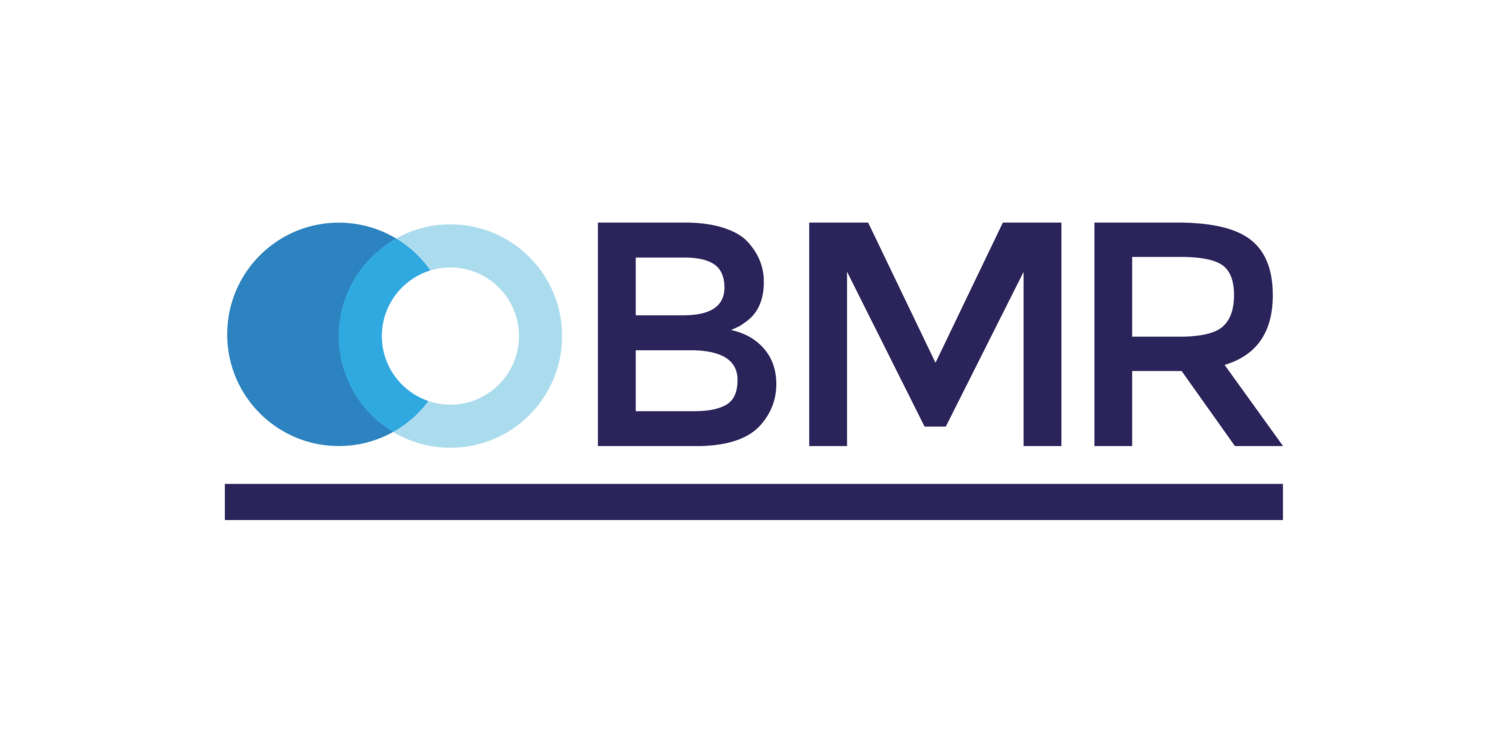Tinsel, Turkey & Tapped-Out Bank Accounts
Financial Wellbeing, Christmas and How to Avoid the Debt Hangover
Financial wellbeing isn’t just about having money in the bank — it’s about feeling secure, in control, and able to make choices without financial stress eating away at your headspace. The link with mental health is huge: money worries are one of the biggest causes of anxiety, poor sleep, and relationship strain in the UK. When finances feel overwhelming, it affects focus at work, confidence at home, and even physical health.
With Christmas just around the corner, the pressure to spend can go into overdrive. From glittery shop displays to endless emails shouting “SALE!”, it’s easy to get swept up and spend more than you planned. But overspending now can mean a debt hangover in January, and the only thing worse than cold turkey sandwiches is opening your first credit card bill of the year.
That’s why we’re hosting a free webinar with Rachel Toseland, Financial Planner, to give you practical tools and advice on managing your money during the festive season. Rachel will share strategies to keep your spending in check, protect your financial wellbeing, and set yourself up for a calmer start to the new year.
📅Wednesday 12 November, 11.30am - 12 noon
Book your space: kirstine@bmrhealthandwellbeing.co.uk
1. Set a realistic budget (and actually stick to it)
Sounds boring, but it’s your best armour. Write down:
Who you’re buying for
How much you can afford overall
The absolute max per person
That total number is your spending ceiling. Treat it like the roof over your head: you don’t smash through it unless you want financial rain leaking all over January.
2. Avoid “buy now, pay later” traps
BNPL services (Klarna, Clearpay, PayPal Credit etc.) are marketed like they’re harmless. They’re not. Miss one payment and you’re whacked with late fees, black marks on your credit score, and potentially high interest if it rolls over. Treat them as debt — because they are.
3. Shop smarter, not harder
Price match tools: CamelCamelCamel (for Amazon) or PriceSpy show if that “deal” is actually a deal.
Discount codes: Always Google “[retailer] discount code” before you checkout.
Cashback sites: Quidco or TopCashback can give you money back for buying what you were going to buy anyway.
Supermarket swaps: Own-brand mince pies taste 95% the same. Only your wallet will know the difference!
4. Beware the plastic
Credit cards can be useful — if, and only if, you pay them off in full each month. If you don’t, you’re gifting yourself interest at 20%+. That’s the kind of present nobody wants.
If you’re already carrying debt, look at a 0% balance transfer card. It buys breathing space, but only if you set up a plan to clear it before the 0% ends.
5. Ditch the guilt-spending
Kids don’t remember how much you spent. They remember the fun. Adults don’t remember the brand of fizz you served, they remember the laughs. You don’t have to “out-gift” anyone. The most financially toxic phrase in December? “Go on then, just one more thing…”
6. Build in a January buffer
January is long. Payday feels like it’s on the other side of Narnia. So before you blow the lot, keep back a little pot for:
Heating bills (they spike in January).
The dreaded council tax restart.
Post-Christmas sales you’ll regret skipping if you’re totally skint.
7. Talk openly about money
If cash is tight, say so. Suggest Secret Santa for family or friendship groups. Set spending caps. Most people are relieved when someone pipes up with “Shall we keep it under £20?” instead of the silent arms race of gift-giving.
The Bottom Line
Financial wellbeing means peace of mind — and that matters more than any gift under the tree. Christmas is one day. Debt lasts months, sometimes years. The best present you can give yourself and your loved ones is security, calm, and the headspace to enjoy the holiday without money stress following you into January.

